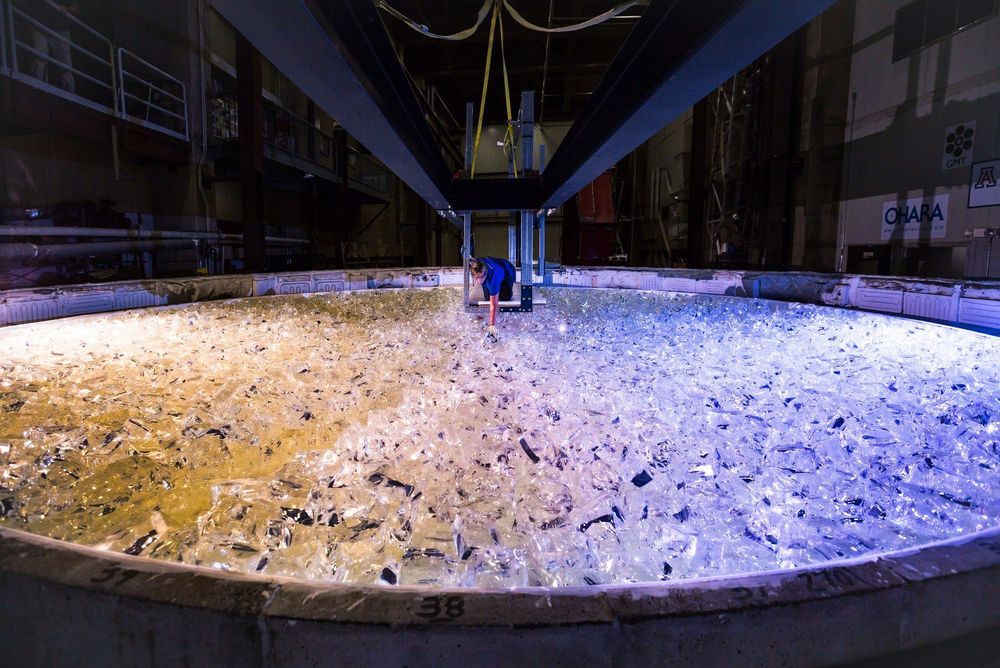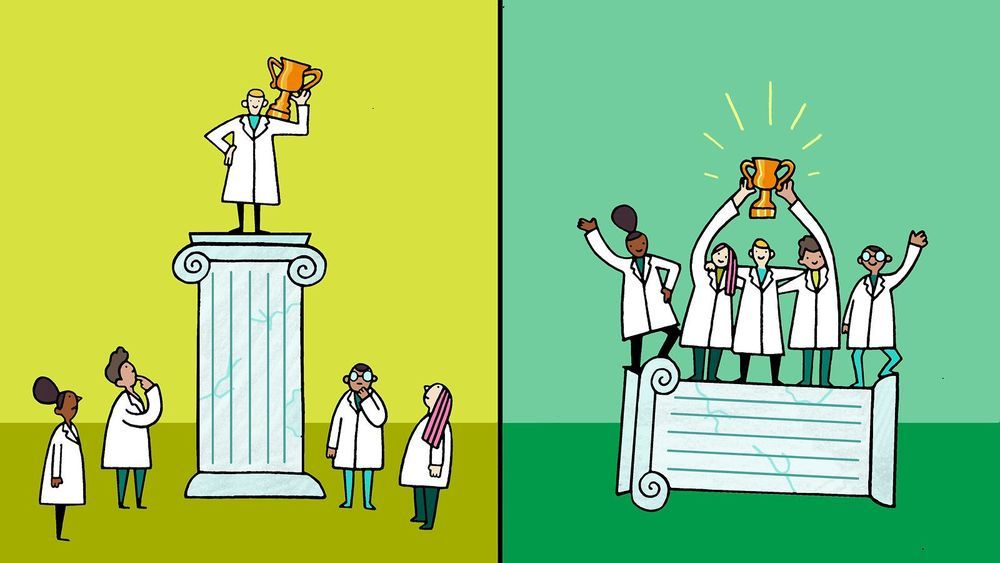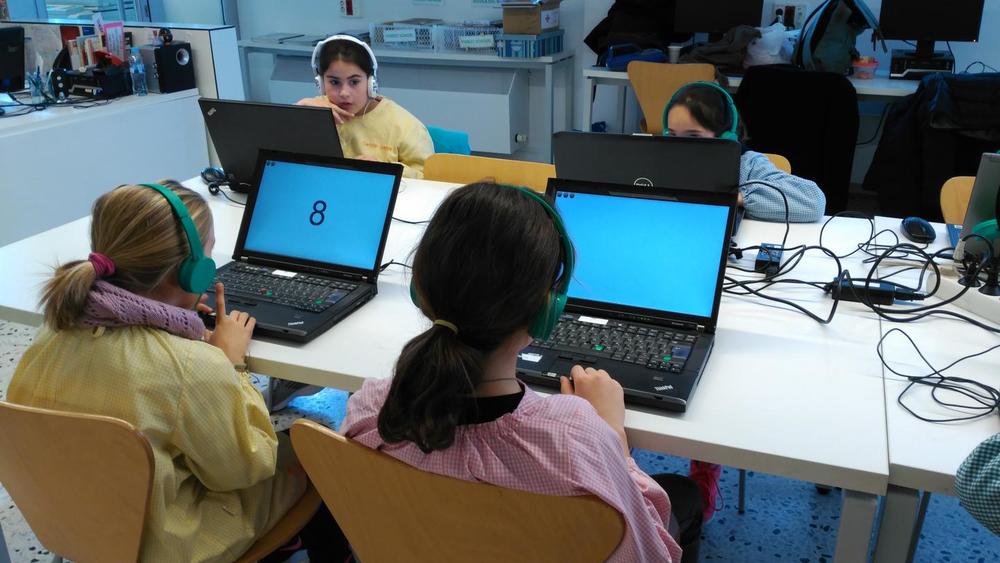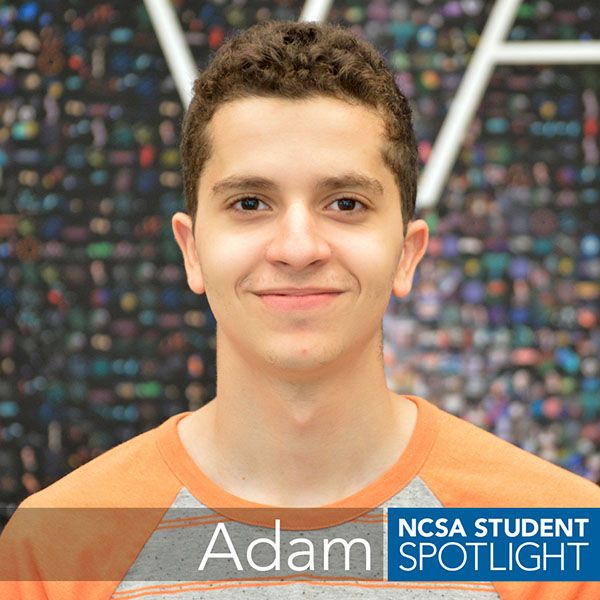Category: education – Page 174
AI Film “Do You Trust This Computer” Director Chris Paine on Artificial Intelligence
My guest today is Chris Paine, director of the AI documentary film “Do You Trust This Computer?” and previously the documentary “Who Killed the Electric Car?”. The new film is a powerful examination of artificial intelligence centered around insights from the most high-profile thinkers on the subject, including Elon Musk, Stuart Russell, Max Tegmark, Ray Kurzweil, Andrew Ng, Westworld creator Jonathan Nolan and many more. Chris set out to ask these leaders in the field “what scares smart people about AI”, and they did not hold back.
Dr. Mercola Warns On The Impending 5G Apocalypse
The fact that the Technocrat elite flatly ignore stern and documented warnings against 5G, indicates that they have some ulterior agenda that they must accomplish regardless of the negative impact on humans. It is the establishment of Technocracy, aka, Scientific Dictatorship. ⁃ TN Editor.
Are you still under the misconception that unchecked exposure to electromagnetic field (EMF) and radiofrequency (RF) radiation is of no concern? Then I urge you to view the featured documentary, “5G Apocalypse — The Extinction Event” by Sacha Stone.
Please understand that while I am not in agreement with some of Stone’s conspiracy theories on the militarization of these frequencies, the science is beyond solid to justify concern about 5G without throwing in conspiracy allegations. I do believe that, overall, the documentary was well done and nicely packages the nonconspiracy information.


The Astounding Engineering Behind the Giant Magellan Telescope
It’s easy to miss the mirror forge at the University of Arizona. While sizable, the Richard F. Caris Mirror Laboratory sits in the shadow of the university’s much larger 56,000-seat football stadium. Even its most distinctive feature—an octagonal concrete prominence emblazoned with the school’s logo—looks like an architectural feature for the arena next door. But it’s that tower that houses some of the facility’s most critical equipment.
Inside the lab, a narrow, fluorescent-green staircase spirals up five floors to the tower’s entrance. I’m a few steps from the top when lab manager Stuart Weinberger asks, for the third time, whether I have removed everything from my pockets.
“Glasses, keys, pens. Anything that could fall and damage the mirror,” he says. Weinberger has agreed to escort me to the top of the tower and onto a catwalk some 80 feet above a mirror 27.5 feet in diameter. A mirror that has already taken nearly six years—and $20 million—to make. “Most people in the lab aren’t even allowed up here,” he says. That explains Weinberger’s nervousness about the contents of my pockets (which are really, truly empty), and why he has tethered my camera to my wrist with a short line of paracord.


Exposure to air pollution before and after birth may affect fundamental cognitive abilities
A growing body of research suggests that exposure to air pollution in the earliest stages of life is associated with negative effects on cognitive abilities. A new study led by the Barcelona Institute for Global Health (ISGlobal), a centre supported by “la Caixa”, has provided new data: exposure to particulate matter with a diameter of less than 2.5 μm (PM2.5) during pregnancy and the first years of life is associated with a reduction in fundamental cognitive abilities, such as working memory and executive attention.
The study, carried out as part of the BREATHE project, has been published in Environmental Health Perspectives. The objective was to build on the knowledge generated by earlier studies carried out by the same team, which found lower levels of cognitive development in children attending schools with higher levels of traffic-related air pollution.
The study included 2,221 children between 7 and 10 years of age attending schools in the city of Barcelona. The children’s cognitive abilities were assessed using various computerized tests. Exposure to air pollution at home during pregnancy and throughout childhood was estimated with a mathematical model using real measurements.


High School Student Uses AI to Detect Gravitational Waves
Before he could legally drive, high school student Adam Rebei was already submitting jobs on the Blue Waters supercomputer at the National Center for Supercomputing Applications at the University of Illinois at Urbana-Champaign (NCSA) to run complex simulations of black holes.
“My first time using Blue Waters, we did a tour first and got to see the computer, which is a very amazing thing because it’s a very powerful machine,” Rebei told the NCSA, “and I just remember thinking, ‘All of the GPUs!’ It’s an insane amount of GPUs, and I’ve never seen anything like it.”
To get there, Rebei first took an astronomy class that led him to his work with the NCSA. Once there, he teamed up with research scientist Eliu Huerta, who leads the group’s Gravity Group.